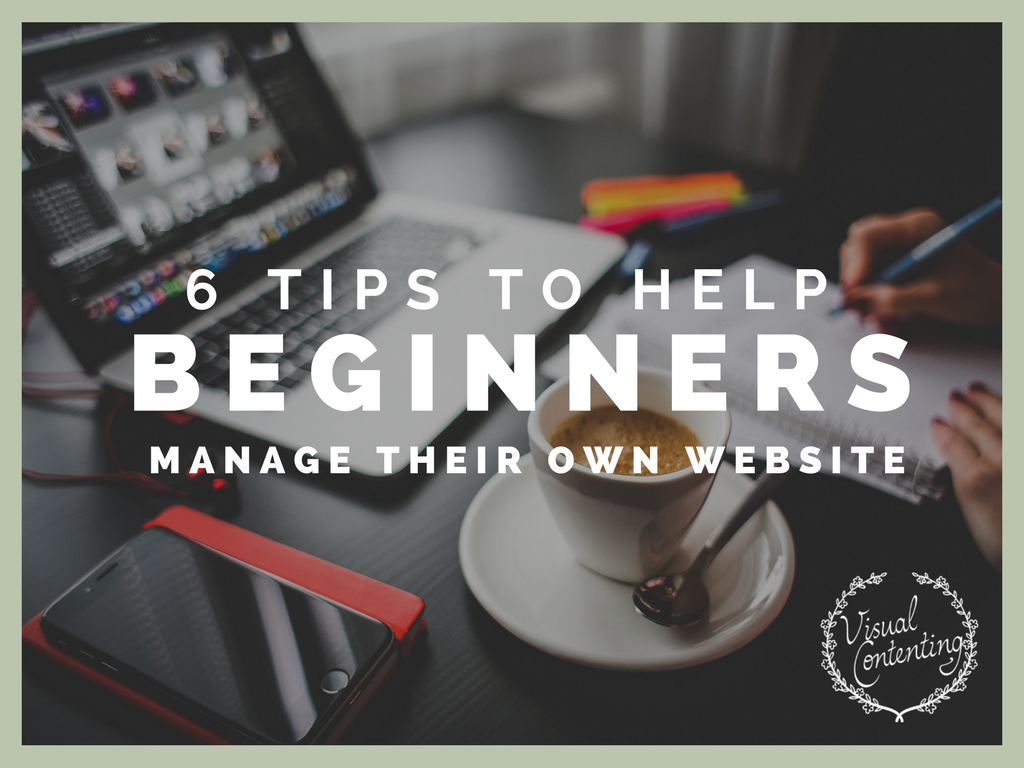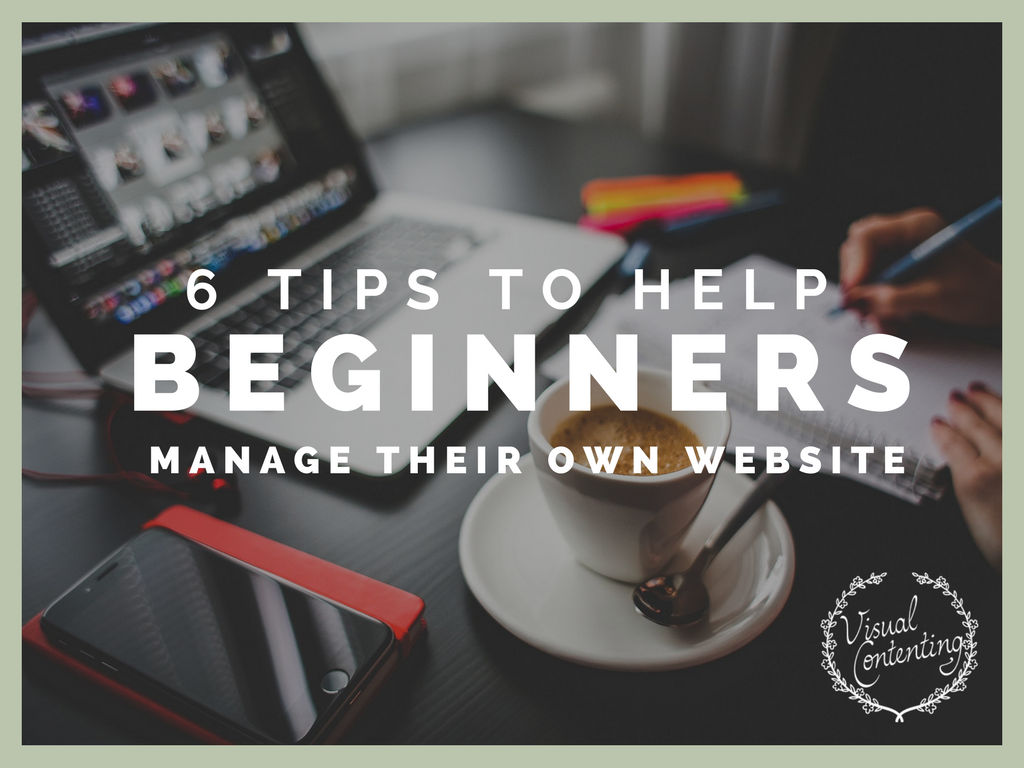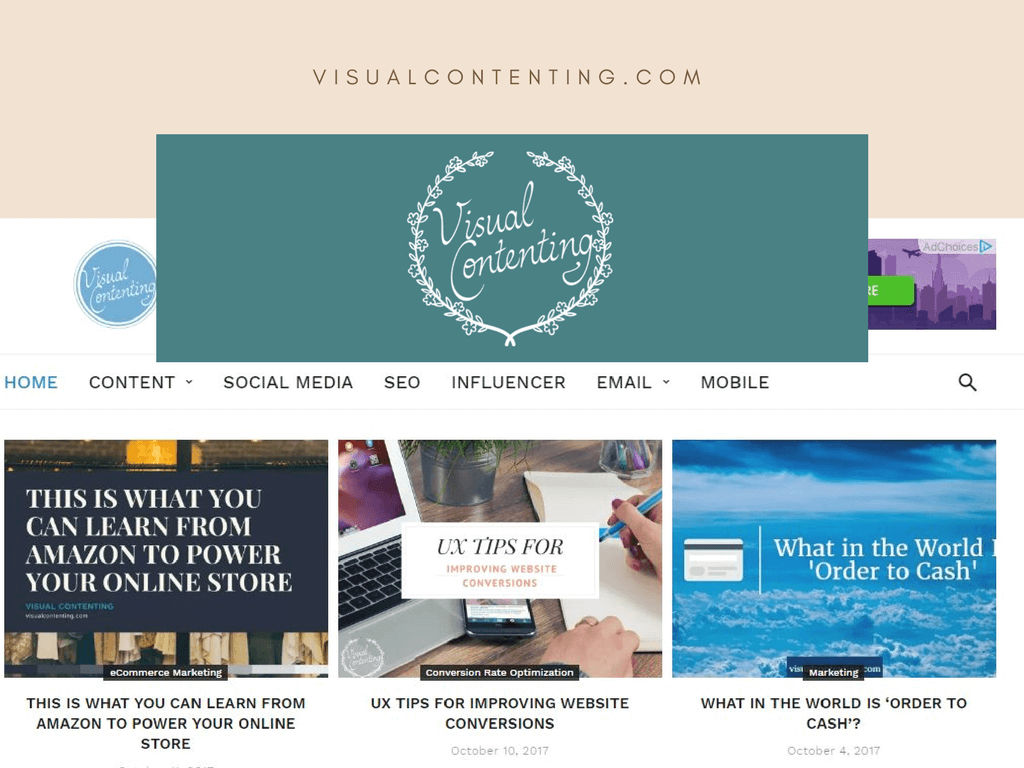Most people go online and never really leave.
Ofcom reported that UK adults spent nearly one day (21.6 hours) each week online in 2016. The study, conducted by the UK’s communications regulating body, also found that these numbers will continue to grow as new users go online for the first time. As people spend even more time online, creating and managing your own website has never been more significant.
It also has never been easier. Inexperienced technology users have multiple places to begin building their own websites. However, before choosing if an experienced professional should design your website or whether you should attempt to do it yourself, you must first evaluate your needs.
Ask yourself these six questions before deciding to build and manage your own website.

What Is My Purpose?
Your website’s design is driven by its purpose.
The biggest problem for most beginning website creators is that they don’t consider their needs before designing. The majority of business websites hope to either educate potential customers, sell products and services, or both.
Personal websites may act more as a resume or portfolio, showcasing work and experience.
By defining what you wish to achieve, your website will be most effective in conveying your message.
Who Is My Target Audience?
Just like your purpose, establishing your target audience is critical.
Your target audience consists of anyone you want to visit your website, including potential clients, returning customers, current employees, future hires or possible investors. Basically, anyone you hope is interested in your company, products or services.
Identifying your key demographic should directly influence your design and maintenance. Your website’s look must appeal to your users, fulfilling their needs and expectations. Its structure should be determined by the tasks you want users to perform.
What Content Do I Need?
You cannot pick material for your website until you’ve answered the previous questions. Selecting content is a logical result of your website’s purpose and audience.
Your website’s content is driven by the type of business you perform. This could include articles, contact information, photos, videos or links to other websites.
Regardless of what you choose to put on your website, remember to first determine the website’s purpose, then you can develop the content that best serves this.
What Is My Competition Doing Online?
This is perhaps the best way to get ideas of what to do. Or, what not to do.
Research websites similar to yours. Examine how they look, the message they are presenting and how their products are sold. Find what is most effective and how you can use those ideas. Even more importantly, focus on what you don’t like and how you can improve this when creating your own. Use this information to find the best ways to reach your audience.
How Much Time Do I Have?
You are committing considerable time, especially if you are starting from scratch.
Although there are website building and hosting software available that are easy to use, there is a large amount of time needed. Not only do novice users need to learn how to operate the software, but developing and formatting content for use online is time consuming. While some content only needs to be created once, websites need to be fresh and current to attract both new and repeat viewers. This requires continuous effort.
Should I Hire Expert Help?
Most beginners think that a professionally-designed website is too expensive. This just isn’t true, especially since a well-structured, attractive website will yield huge returns on your initial investment. Experienced website designers like Design by Pelling, will help even the most inexperienced creators. In addition to being beautifully designed, these expertly-crafted websites will be uniquely created around everything you need.
After taking the above into consideration, assess everything you will need to do before starting your website. Once you have a plan in place, you can start making it happen.
Community manager at Visual Contenting. Jacqueline loves to talk about social media trends, new technology and how they help businesses accelerate their marketing efforts.



